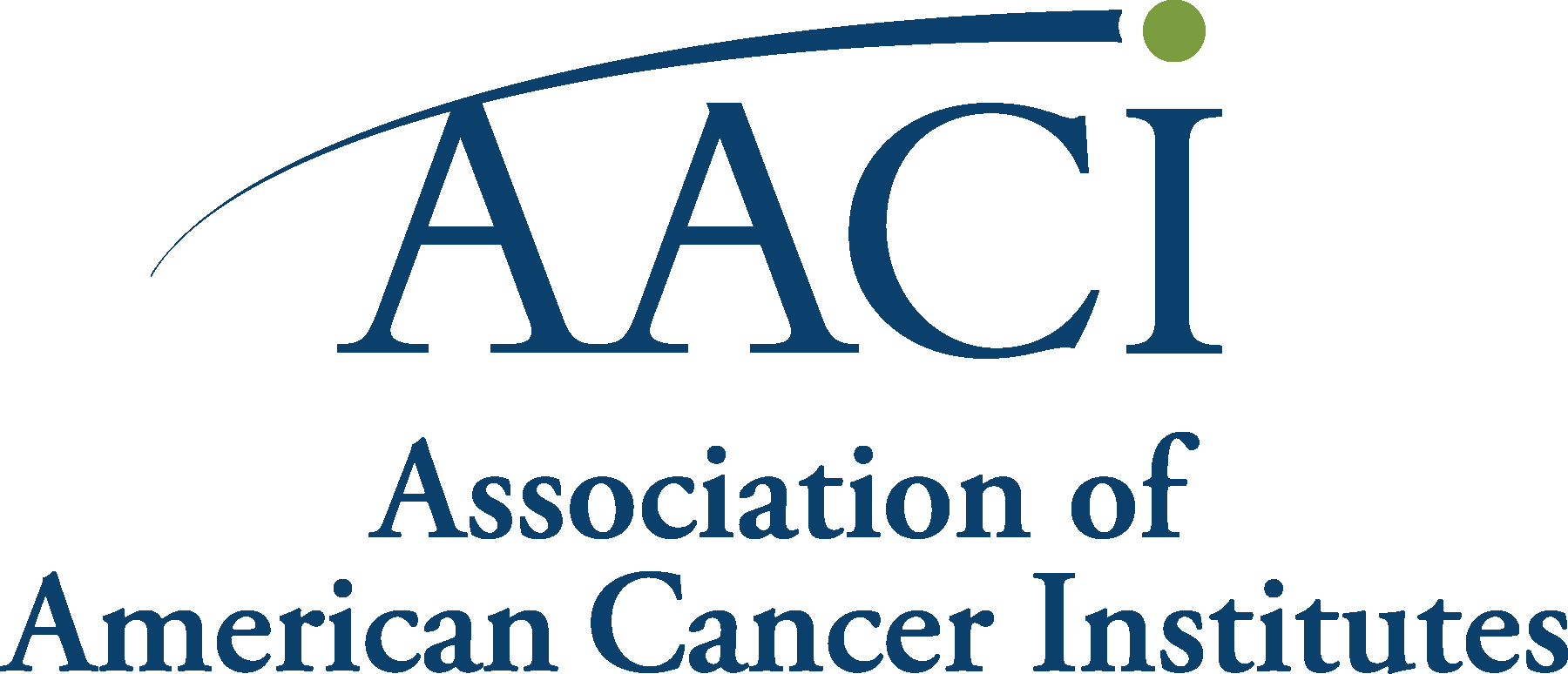The Association of American Cancer Institutes (AACI) commends Congress for developing the bipartisan Consolidated Appropriations Act, 2022, bringing a close to months of fiscal uncertainty under Continuing Resolutions.
The Omnibus appropriations legislation provides crucial Fiscal Year (FY) 2022 funding increases for the National Institutes of Health (NIH) and the National Cancer Institute (NCI). Funding for the newly-established Advanced Research Projects Agency for Health (ARPA-H) is also included in the legislation.
Under the agreement, the NIH core budget will increase by $2.25 billion. The legislation also provides $6.9 billion for the NCI. Though the NCI figure falls short of AACI’s requested $7.6 billion increase, it represents a $353.67 million increase over the FY 2021 budget.
Within the NCI budget, the bill provides support for pediatric cancer legislation, including $50 million in continued funding for the Childhood Cancer Data program and $30 million for the bipartisan Childhood Cancer Survivorship, Treatment, Access, and Research (STAR) Act, which aims to expand pediatric cancer research, track cancer incidence among children and young adults, and enhance the quality of life for childhood cancer survivors.
The NCI FY 2022 budget also includes $400 million—an increase of $150 million—to prioritize competing grants in cancer research. The agency has seen a dramatic rise in grant applications in the past decade, but funding has not increased to meet the demand; the approved FY 2022 budget brings the NCI closer to its goal of increasing the grant approval payline to 15 percent by 2025.
Another highlight of the package is a $1 billion investment in President Biden’s proposed health innovation incubator, ARPA-H. The new agency will focus on high-risk/high-impact research to address the nation’s most persistent health challenges, including cancer.
“As a membership organization representing North America’s 103 leading cancer centers, AACI advocates for robust, sustained investments in cancer research,” said AACI Executive Director Jennifer W. Pegher. “We are relieved and thankful that Congress has arrived at a budget agreement for the current fiscal year.”
AACI is grateful to House Appropriations Committee and Labor-HHS Subcommittee Chair Rosa DeLauro (D-CT), House Appropriations Committee Ranking Member Kay Granger (R-TX), and Labor-HHS Subcommittee Ranking Member Tom Cole (R-OK); as well as Senate Appropriations Committee Chair Patrick Leahy (D-VT) and Ranking Member Richard Shelby (R-AL); and Senate Labor-HHS Appropriations Subcommittee Chair Patty Murray (D-WA) and Ranking Member Roy Blunt (R-MO) for their leadership.
“Initiatives like the renewed Cancer Moonshot and ARPA-H present unique opportunities for AACI to collaborate with the Biden administration and further our mutual goals,” said AACI President Caryn Lerman, PhD, director of USC Norris Comprehensive Cancer Center. “We look forward to working with the administration, the NIH, and the NCI to continue accelerating progress against cancer.”
###
AACI’s mission is to accelerate progress against cancer by enhancing the impact of North America’s leading academic cancer centers. For more information, please visit aaci-cancer.org.
